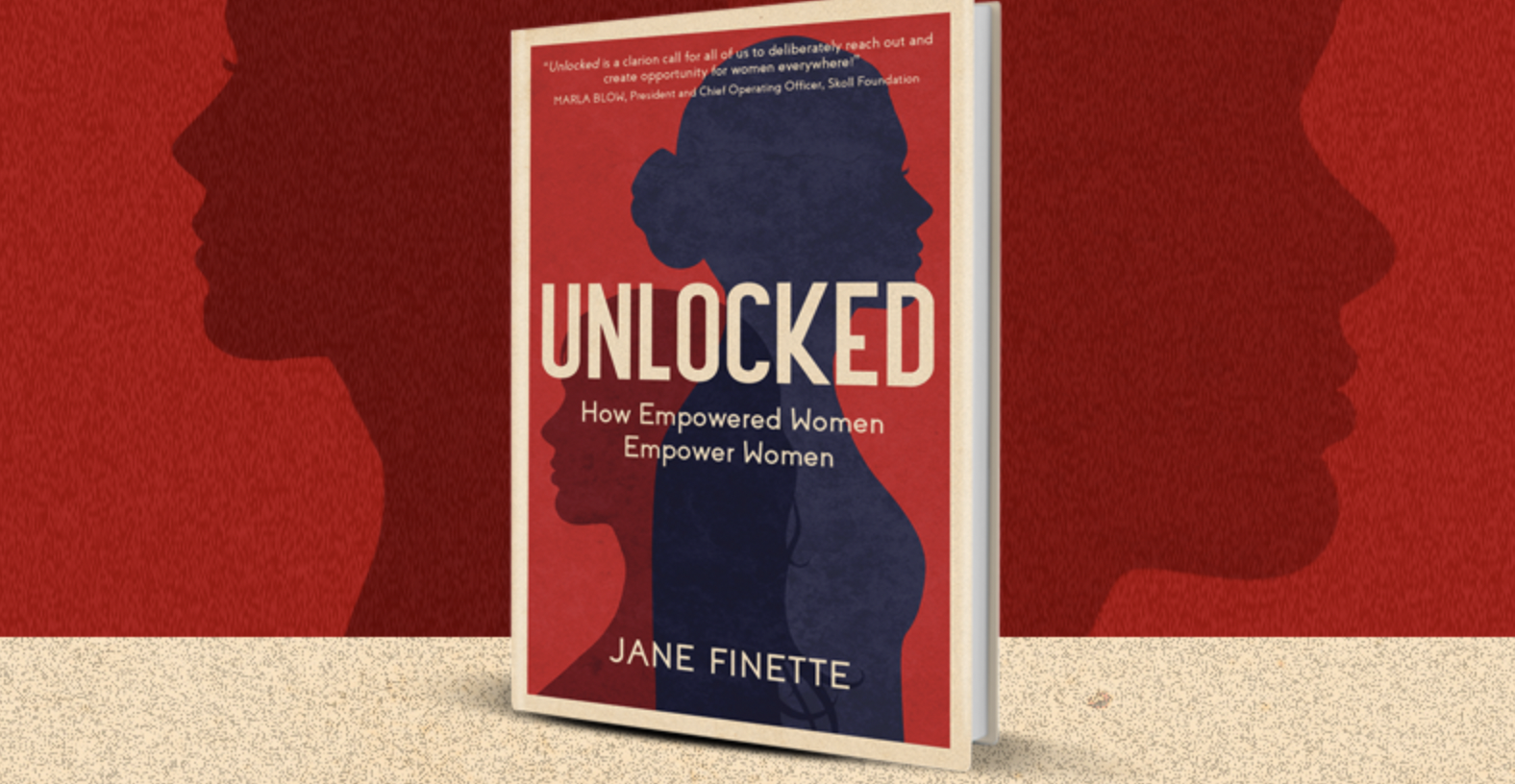When I was a CEO, I knew I needed co-pilots around my executive table. Piloting a business in an environment of increasingly fast-paced turbulence, with such high stakes decision making and so many strategy, execution, and leadership challenges, requires Collective Intelligence in the cockpit. I was running high technology aerospace hardware and software companies, serving […]
Continue readingWhen Your Core Values Don’t Match Your Actions

Anyone following the news sees mounting divisions around the globe. Despite repeated calls for civility, issues like religion, race, and politics increasingly separate neighbors and families. It frequently gets ugly.
Do these issues have a place in commerce? If they do, and considering spreading tribalism, can you expand your business within your community without offending sales prospects who are “outsiders”?
Should you discuss anything controversial?
Companies of every stripe are actually under pressure from a range of constituencies — employees, customers, investors, and the communities in which they operate — to take a public stand on high-profile political and social movements.
The Edelman Trust Barometer has found 54% of employees globally believe that CEOs should speak publicly on controversial political and social issues they care about. 53% of consumers agree that every brand has a responsibility to get involved in at least one social issue that does not directly impact its business.
Which returns us to the question; can you take a visible position on these types of social issues without offending customers who disagree with you?
Limiting Your Scope
Nobody can (or should) speak out on every issue, so picking your battlefield matters. Obvious moral issues (i.e. genocide) demand a reaction, but others are less cut-and-dried. To decide whether your company and/or executives should speak out, ask a few questions before preparing and positioning any response.
- Do you want to speak out at all?
- Does your response to this issue align with the company’s strategy, mission, and values?
- How strong a position are you willing to take?
- If you’re not willing to take a strong position, should you even bother?
- Do you want to take the lead in driving the conversation?
- Are you okay standing solo on this issue, or will you be more influential partnering with (and potentially taking a back seat to) other organizations?
- Are you willing to invest the expertise and resources to meaningfully influence the issue?
- Will your constituencies agree with the stand you’re taking?
Furthermore, if the answer to this last point is “NO,” it’s critical to perform a risk assessment in advance to determine if taking a significant stand will hurt your position with customers, your largest investor, etc.
It’s Rarely A Simple Answer
Most companies typically find themselves torn over whether to speak out on major social topics, and need to do a careful cost/benefit analysis before taking a significant public stand. Assessing the company structure might also reveal a division, product, or brand where it’s appropriate to speak on the issue, while shielding the overall company. In this manner, the corporation can sidestep any controversy while still appearing supportive.
In such a situation, it might also be preferable to let others take the lead, joining a group or association addressing the issue. This allows your company to claim credit and know you’re participating, but helps deflect any potential blowback.
And should you determine it’s not in your best interests to speak out at present, continue monitoring the situation until such time, if any, that things evolve to a point where it behooves you to make your position known publicly.
Nobody Likes A Hypocrite
With each passing day, Internet resources and social media make it increasingly simple to determine whom you support and donate to. Public discord makes inevitable decisions to not work with one of “them.”
And if you’re willing to take a stand on an issue you feel strongly about, many will respect you to a point…even if they disagree with you. But what happens when you try to have it both ways?
Educated and progressive customers of these companies, upon learning of duplicity, invariably begin searching for alternate suppliers.
It’s Called “Woke-Washing”
When Lacoste announced it would swap its trademark crocodile logo for 10 limited-edition polo shirts, each featuring a different endangered species, they were quickly tripped up by the observation that the company was offering “gloves made from deer leather” and “cow leather handbags” online.
The rise in consumer awareness is increasing pushback from customers upset with food companies that can legally put “natural” on foods that aren’t. Word is spreading of companies that pick issues to “help”, even as they continue creating harm though unethical working conditions, racism, sexism, homophobia, or ableism.
Hence the rise of woke-washing, when a corporation, institution, or individual says or does something that signals their advocacy for a marginalized cause but also continues to cause harm to vulnerable communities.
As noted in The Guardian, “Woke-washing is when companies cynically prey on customers’ social awareness.” This new movement has caused negative reaction to questionable marketing ploys from Pepsi, Marks & Spencer, Burger King, Chevron, and countless others.
All are accused of appearing to adopt the concerns of marginalized groups while really doing little to help, or actually simultaneously causing harm. The Guardian questioned whether brands flashing their support for just causes may merely be preying on our collective conscience to lure consumer purchases in their direction.
It’s Not A Lost Cause
Please don’t misunderstand; we recognize that businesses are there to make money. Therefore, the pressure to support social causes without being hypocritical or upsetting significant constituencies is a balancing act of the highest caliber.
Some efforts will miss their mark, such as when Gillette launched an ad inspired by #MeToo’s challenge to toxic masculinity. Arguably, they still gained brand value by engendering a vociferous debate over the value of the messaging and, as a result, globally acquiring significant amounts of free media.
But the willingness to step forward should have wider benefits, such as when Nike brought in US football player (and civil rights activist) Colin Kaepernick to be the face of a marketing campaign. The move outraged then-president Donald Trump, who belittled the effort, bringing it significant attention, and later, an Emmy award.
There’s an argument to be made that if a company brings an issue to the public’s attention or increases mainstream support for the marginalized, then the ends justify the means. However, the high-wire act comes from profit-driven companies cynically cashing in on people’s idealism and using progressive-orientated marketing campaigns to deflect questions about their own ethical records. It was the wall Audi ran into from its 2017 Super Bowl ad, hailed for backing equal pay. Shortly thereafter it was revealed that just two out of the company’s 14 top executives were women.
What’s The Boss Doing?
With seemingly every company looking to support social causes, and competitors and social media laying in wait to trip them up, make sure your own house is in order before you start down this road. Choosing a cause that’s the right fit for your company’s philosophy, product lines, customer base, investors, reputation, markets served, etc. can be a tricky business.
Making it a bit more challenging may be if the company and/or top executives aren’t seen by the public as pulling their fair share. For example, a company supporting the homeless, but whose CEO is notorious for not paying taxes, is certain to be a public relations disaster. Equally, a firm responsible for major oil slicks touting itself as “green” probably won’t go over too well.
One Last Thing To Consider
Generation Alpha (kids born 2010-2024) are already unprecedented in the extent they’re growing up online. The largest age cohort EVER, this generation is holding brands accountable for causes like social justice and sustainability. And they already stand out in their worldliness, brand awareness, and influence over household spending.
So if you want to support a cause, don’t just do it as something to make money. If you’re going to support a cause, make sure it’s because the cause is something you REALLY believe in.
Because whether you call it healthy, woke-washing, or hypocrisy, this trend is here for the long-term. Many younger people (legitimately) feel the economic system doesn’t work for them. Business appealing to their sense of idealism is a smart move.
After all is said and done, you can make this new strategy work for you if you truly believe in something. Only you’re going to have to work pretty hard to convince people you’re sincere.




















